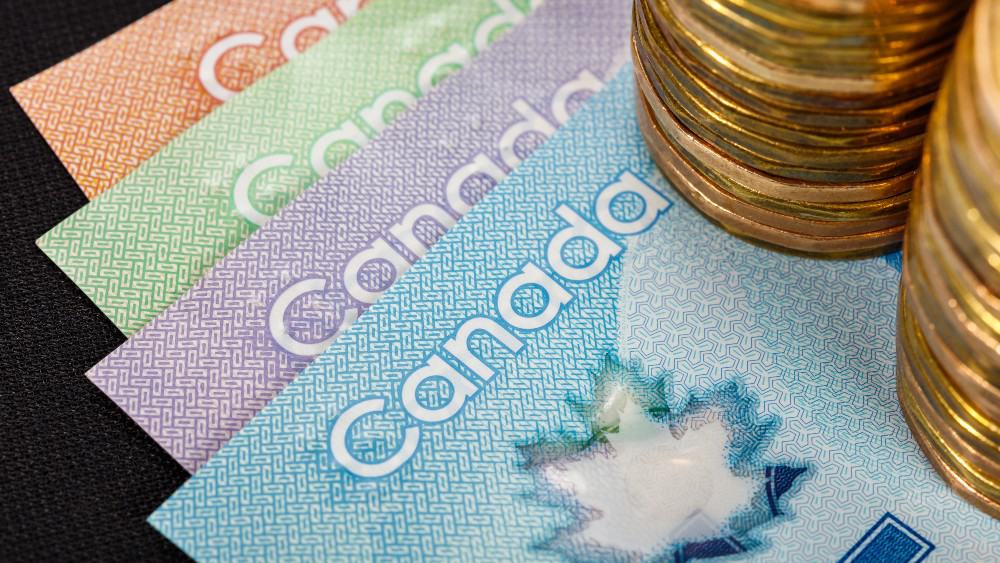Don’t be fooled. The answer to your money problems isn’t making more money.
It’s easy to believe this. After all, if you’re saddled with debt, living paycheque to paycheque, who’s to say that making more money wouldn’t help?
Certainly, if you’re a low-income earner, making more money will help you pay down debt and put food on the table. But there’s a certain cohort of Canadians who, having enough to live well below their means, still believe more money will help them live better.
But it’s a myth. And it’s a myth that can be dissolved when you take a hard look at the real source of your money problems: your management.
The real answer to your money problems?
To get an answer, let’s understand the meaning of the word, “economy.”
To a modern ear, the word has come to mean the wealth, production, and consumption of an entire nation. But to a Greek ear, from where the word originates, economy meant “household management” (eco = home; nomy= manage).
Those with a good economy were those who managed their resources prudently: whatever they had, they put to good use (or saved), and whatever they didn’t have wasn’t worth thinking about.
Of course, ancient Greece wasn’t exactly kind to individual households (if you didn’t pay your debts, you weren’t indebted; you were enslaved). But the Greek concept of the economy by developed by some of the world’s most intelligent minds, including entire branches of philosophy dedicated to living the simple life.
Epicurus was the forerunner, and he wrote some brilliant aphorisms on personal finance. Take this one lifted from his Letters:
He who is not satisfied with a little, is satisfied with nothing.”
Epicurus
Let that sink in for a moment. In fact, while you’re letting it sink, let’s state the converse (and make it more gender-friendly): They who are satisfied with a little, are satisfied with everything.
This is the mindset, the philosophy, that produces a “good” economy (read: solves your money problems). By finding satisfaction with the “little” that you have, managing your household affairs becomes surprisingly easy. And when you see how easy it is to manage your household affairs, you feel more satisfied with the little that you have.
What happens if you make more money?
But what if you’re not satisfied with a little? Is it fair to say you’re satisfied with nothing if you want to make more money?
I don’t think it’s fair to say that, no. As I said above, certain low-income Canadian households need more money for the simple fact that they don’t have enough money. When you have very little, striving to earn more can be the answer to your problems.
Earning more money, however, becomes another money problem when more money produces more spending. In a word, when your lifestyle inflates.
Sometimes lifestyle inflation happens naturally. You might get a raise at work, and with the extra money, you decide to move out of the apartment you shared with your college friends. It’s lifestyle inflation, but hey — you don’t have to share a bathroom anymore.
Lifestyle inflation becomes a problem, however, when you live paycheque to paycheque, and a new source of income makes you spend only more money. Or, lifestyle inflation becomes a problem when you’re cash-poor but you live as if you’re cash-rich.
That’s the thing about money. It’s only as efficient as your worst money habit. If your worst money habit isn’t so bad (like buying a $5 latte every Friday), then making more money could help your household. If your worst money habit is bad (you tend to make large purchases on the fly, with little or no attention to price, discounts, or budget), making more money will only make things worse.



